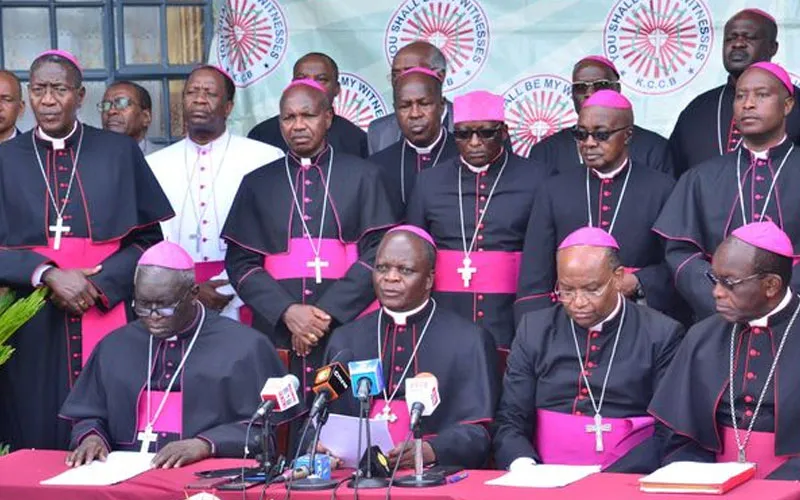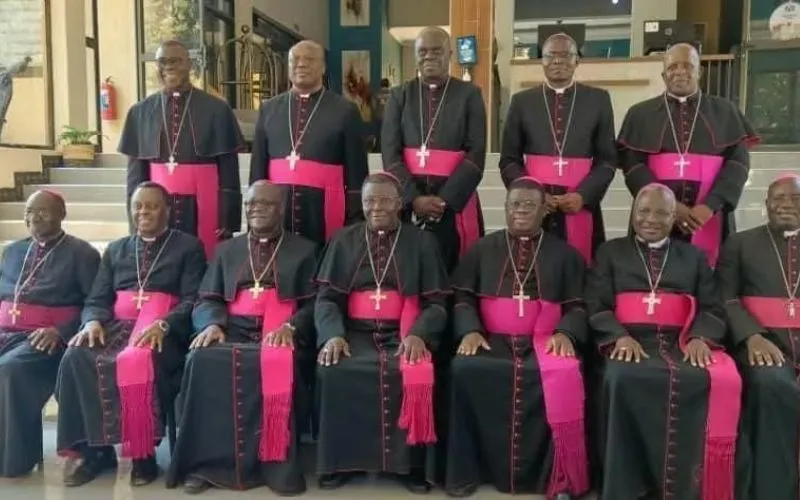Nairobi, 14 April, 2024 / 10:25 pm (ACI Africa).
The move by the Kenyan government to revise upwards work permit charges for missionaries in the East African nation denotes ingratitude to the sacrifices of people, who have dedicated their lives to making the society a good place, Catholic Bishops in the country have said.
Addressing journalists on Thursday, April 11 at Roussel House of Donum Dei Missionary Sisters in Karen, Nairobi, Members of the Kenya Conference of Catholic Bishops (KCCB) said, “We are surprised by the exorbitant increase in the Work Permit Charges paid for Missionaries, from KES 15,000 (US$115.00) to KES 150,000 (US$1,153.00).”
They fault the move as “absolutely unethical” and one that “shows a lack of gratitude to people dedicating their lives to the good of society.”
“We as a country should be showing gratitude and appreciation through giving waivers to priests, religious men and women, and other social missionary volunteers who come to complement our social engagement. We request that their work permit be zero-rated,” Catholic Bishops in Kenya say.
In the statement titled, “Cry of the Oppressed”, which was read out during their address to journalists on April 11 at Roussel House, KCCB members recalled that in the past, Kenya exhibited “great respect and recognition” for missionaries, who are in the country to render services, motivated by love, and sacrifice for the people of God.








